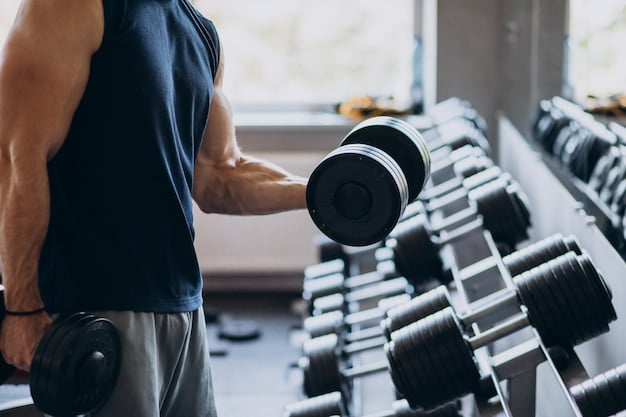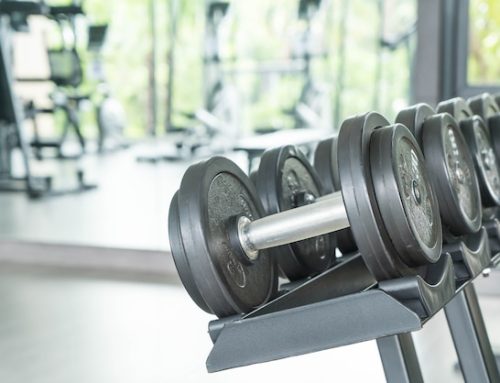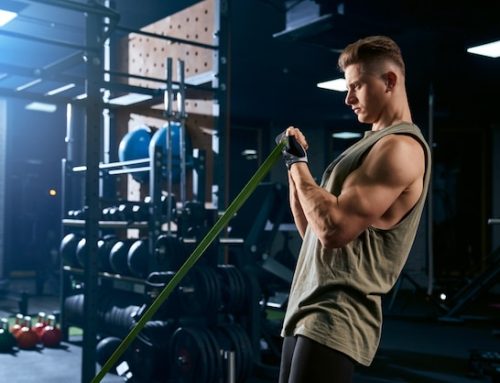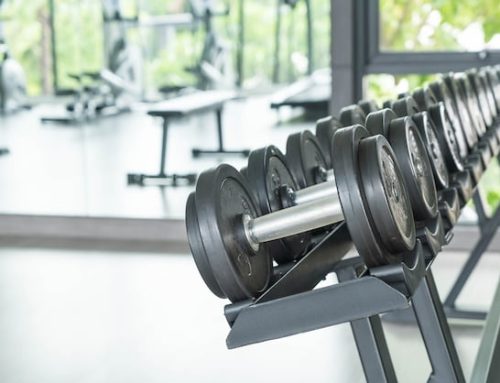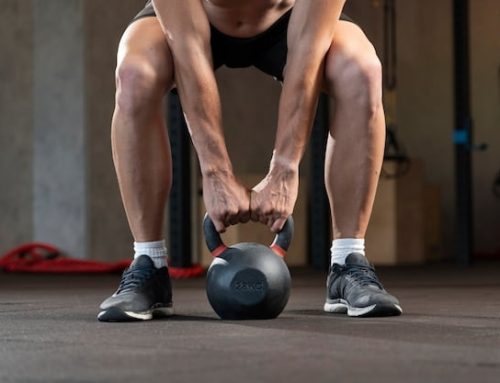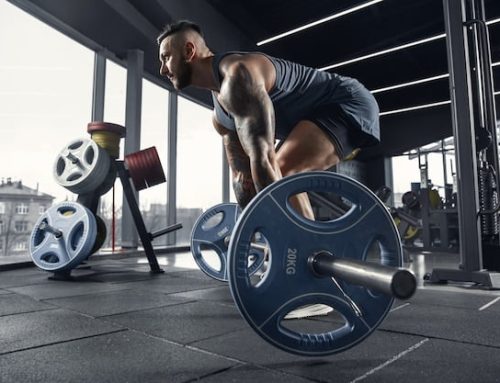What Not to Do After Exercise?
Weightlifting is an excellent form of exercise that helps to build strength, increase muscle mass, improve posture, and boost metabolism. However, many people make the mistake of neglecting the importance of post-workout recovery. Failing to take proper steps after exercise can lead to injuries, loss of muscle mass, and reduced performance. In this blog post, we discuss what not to do after exercise to help readers optimize their recovery and get the most out of their workouts.
1. Don’t Skip Cool-Downs
Many people make the mistake of skipping cool-downs after weightlifting sessions. Cool-downs are exercises that help to gradually lower your heart rate and bring your body back to a resting state. Skipping cool-downs can cause blood to pool in your muscles, which can lead to soreness and stiffness. Cool-downs can also help to prevent injuries by removing lactic acid from your body and promoting blood flow to your muscles.
2. Don’t Avoid Hydration
Hydration is crucial for optimal post-workout recovery. Failing to hydrate after intense exercise can lead to dehydration, which can cause headaches, dizziness, and fatigue. After weightlifting, it’s essential to replenish fluids lost through sweat. However, avoid consuming excessive sugary or caffeinated beverages. These can cause blood sugar spikes and lead to further dehydration.
| Beverage | Hydration Index |
|---|---|
| Water | 1.0 |
| Milk | 0.92 |
| Orange juice | 0.89 |
| Sports drinks | 0.86 |
3. Don’t Ignore Stretching
Stretching is an essential component of post-workout recovery. It helps to improve flexibility, reduce muscle soreness, and prevent injuries. However, many people neglect stretching after weightlifting. Failing to stretch can lead to tight muscles and reduced range of motion. Stretching should be done gently, holding each stretch for 15 to 30 seconds.
4. Don’t Consume Excessive Alcohol
Consuming excessive alcohol after weightlifting can interfere with post-workout recovery. Alcohol is a diuretic, which means it dehydrates the body. It can also interfere with protein synthesis, which is essential for muscle growth and repair. If you choose to consume alcohol after weightlifting, limit your intake to one or two drinks and make sure to rehydrate adequately.
5. Don’t Skip Rest Days
Rest days are essential for post-workout recovery. They allow your muscles to repair and grow after intense exercise. Failing to take rest days can lead to overtraining, which can cause injuries and reduce performance. Overtraining can also lead to reduced immune function, increased stress, and mental exhaustion.
6. Don’t Forget to Refuel
Refueling after weightlifting is crucial for post-workout recovery. Your muscles need nutrients to repair and grow after intense exercise. Consuming a balanced meal with protein, carbohydrates, and healthy fats can help to replenish your energy stores and promote muscle growth. Avoid consuming large meals immediately after exercise, as this can interfere with digestion and cause discomfort.
7. Don’t Neglect Sleep
Sleep is an essential aspect of post-workout recovery. It’s when your body repairs and regenerates, and it’s crucial for muscle growth and repair. Failing to get enough sleep can lead to reduced athletic performance, increased stress, and a weakened immune system. Aim for seven to nine hours of sleep each night to optimize post-workout recovery.
In conclusion, post-workout recovery is an essential aspect of weightlifting. Failing to take proper steps after exercise can lead to injuries, reduced performance, and loss of muscle mass. To optimize post-workout recovery, avoid skipping cool-downs, stay hydrated, stretch regularly, limit alcohol consumption, take rest days, refuel with balanced meals, and get enough sleep. By following these tips, you can optimize your recovery and get the most out of your weightlifting sessions.
